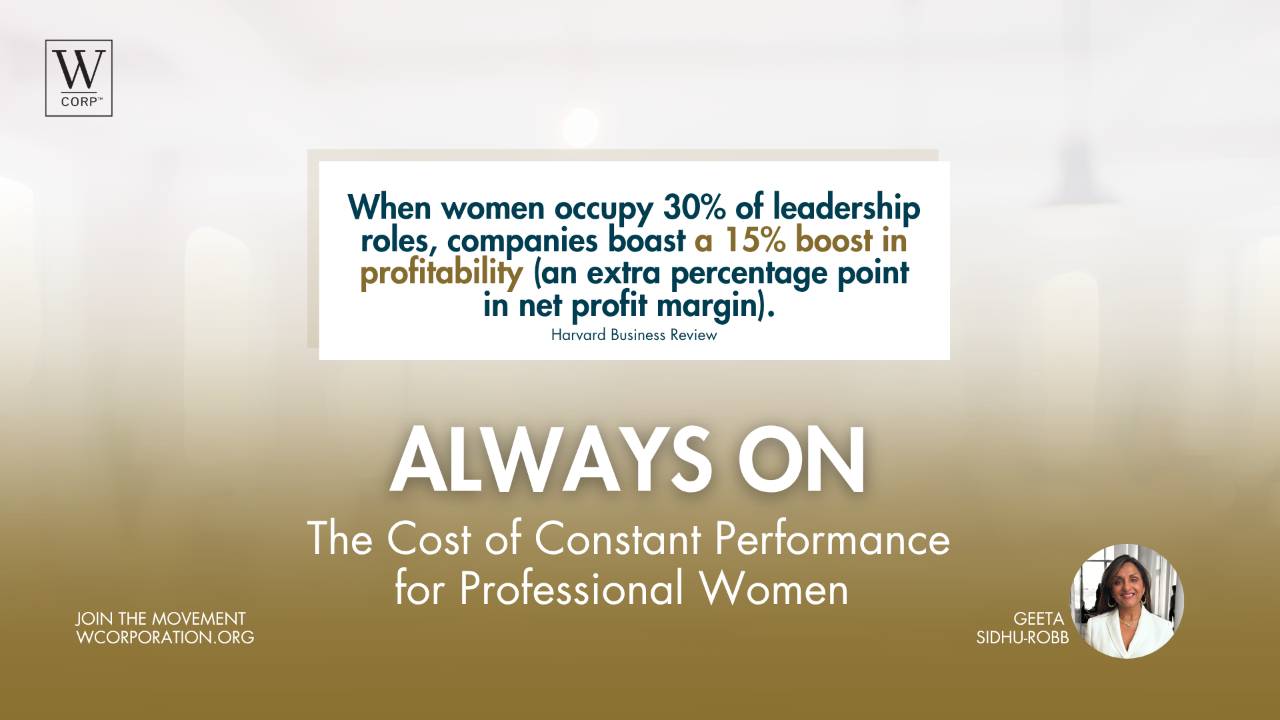Always On: The Cost of Constant Performance for Professional Women
Aug 15, 2025
In many workplaces, women feel an unrelenting pressure to prove themselves - over and over again. This “always on” mindset isn’t just about ambition; it’s about survival in systems that often question their competence, underestimate their contributions, and reward overextension. The toll is real: emotionally, physically, and professionally.
The Pressure to Prove
For many women, especially in male-dominated industries, the need to constantly validate their worth is a daily reality. This pressure stems from systemic biases and cultural expectations that often require women to go above and beyond to be seen as equal to their male counterparts.
Rachel Reeves, the UK's Shadow Chancellor of the Exchequer, encapsulates this sentiment:
“I always feel like I need to prove myself-even now, really.”
- Rachel Reeves (The Times).
Reeves' experience highlights the persistent need for women to demonstrate their capabilities continually, a burden that can lead to burnout and hinder career progression.

The Invisible Workload
Beyond their formal job responsibilities, women often shoulder additional, unrecognized tasks in the workplace. These include organizing events, managing team morale, and other forms of emotional labor. Such tasks, while essential, are rarely acknowledged in performance evaluations or promotion considerations (Le Monde).
This invisible workload adds to the mental and emotional strain, making the workplace a challenging environment for many women.
"All this work, often shouldered by women, is poorly recognized, unpaid or poorly remunerated and is not considered part of productive work," - Laurence Charton, sociodemographer (Le Monde).
The Confidence Gap
Despite their qualifications and achievements, many women grapple with self-doubt and imposter syndrome. A study revealed that 75% of executive women have experienced imposter syndrome at certain points in their careers (Los Angeles Business Journal).
This internalized self-doubt often leads women to overprepare, overwork, and hesitate to seek promotions or leadership roles, further perpetuating gender disparities in the workplace.

Moving Forward
Addressing these challenges requires systemic change:
- Recognize and Reward All Contributions: Organizations should acknowledge both formal achievements and the often-invisible tasks that women undertake.
- Implement Bias Training: Regular training can help employees recognize and mitigate unconscious biases that contribute to unequal treatment.
- Promote Work-Life Balance: Encouraging flexible work arrangements and respecting boundaries can alleviate some of the pressures women face.
- Support Mental Health: Providing resources and fostering an environment where mental health is prioritized can help address the emotional toll of constant performance pressure.
By acknowledging and addressing these issues, workplaces can become more inclusive and supportive environments where all employees have the opportunity to thrive without the burden of proving their worth daily.





